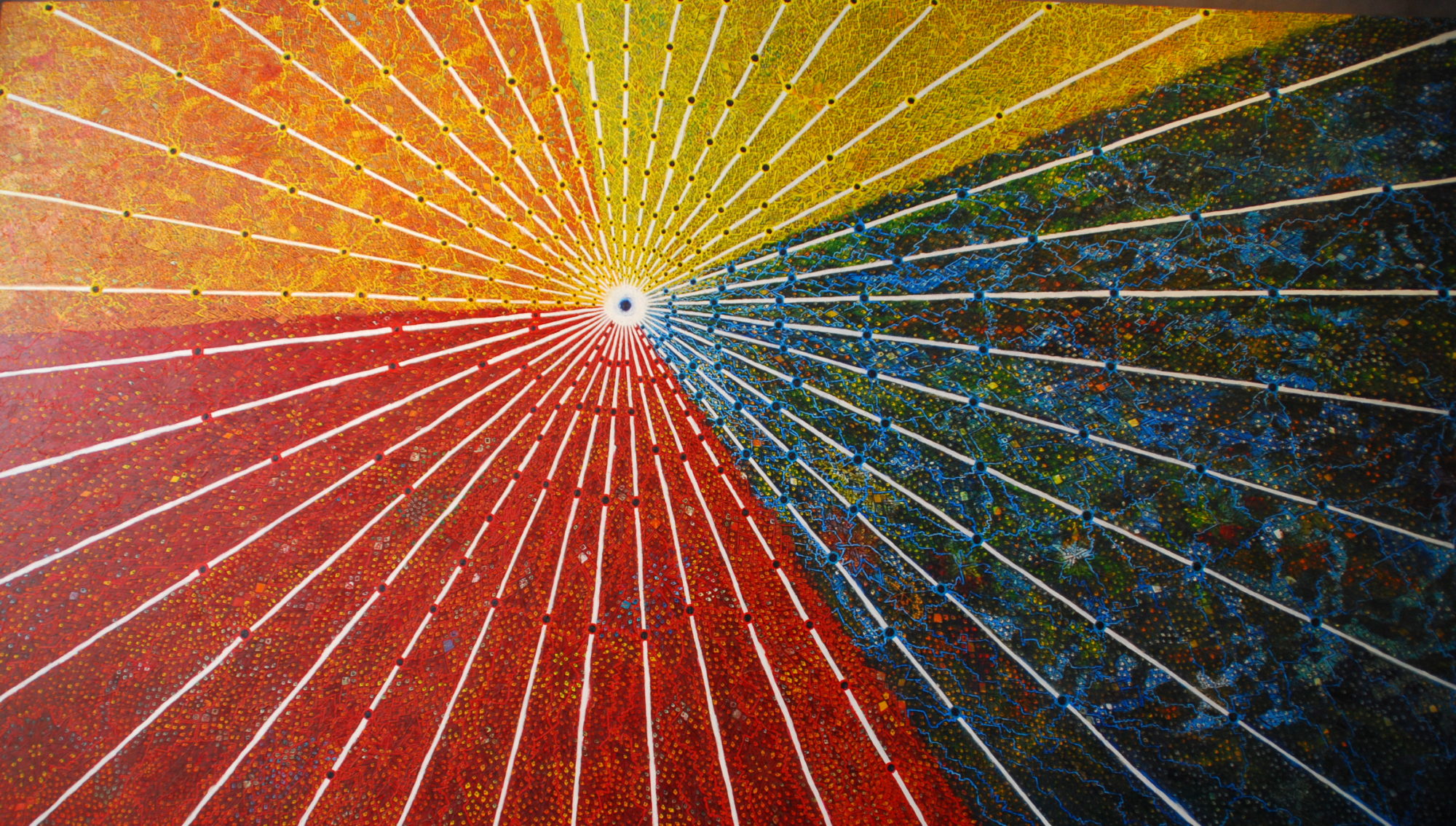Santa Marta is a stopover town. It’s a convenient place to organize a trek to the Lost City, an easy place to crash before heading into Tayrona National Park. It’s home to a port large enough to accommodate a cruise ship full of passengers that immediately hop a taxi to the nearby village of Taganga. Though a large city, Santa Marta doesn’t have much that would fall under the category of attractions. It’s mainly just a busy local city.
I guess it might not make that much sense then when I tell you that we stayed three nights.
After the past year of travel and all the trips that came before it, I no longer need museums, guide book starred attractions, or the other activities that commonly clog itineraries. I’m not opposed to them, and I do sometimes indulge in them, but more often than not, I’m just as happy to hang out, to grab lunch at the local “plate of the day” place, to sit on a bench and watch the world go by. What fascinates me most is not the thing that puts a place on the map but the people that call that place home. Life, plain and simple, is what gets me.
And so in Santa Marta, we walk the busy Carrera 5, crowded with the booths of vendors selling bootleg DVDs, flip-flops, bras and underwear, hangers, toys, and anything and everything else in-between. We sink our toes the strip of sand, not as nice as the beaches of the surrounding towns, and laugh at the girls playing supermodel for their friends’ cameras and the boys turning tires into toys.
For lunch, we ask bus attendants and gas station service men for suggestions, following their directions until we end up at a tiny place serving huge meals of soup, meat, yucca, and salad.
As twilight falls, we meander along the beachfront promenade, past overly muscled sculptures of indigenous heros, watching men slam domino pieces down on a board, clowns juggle machetes and balancing bikes on their chins, and vendors preparing pizzas and carne asade on portable grills. The sounds of accordian and steel drum merge into a beat that pulls couples from their chairs to dance close together, oblivious to the commotion around them.
And at the end of every night, we end up on the street full of food vendors, parked in a molded plastic chair, sipping passion fruit juice, nibbling on the many varieties of “Fritos”–empanadas, arepas, dedos de queso–, and chatting with whoever ends up sitting next to us.
If you were to put it into a guidebook, it wouldn’t sound like much. Which is why we chose to travel without a guidebook. Sometimes the best things just can’t be classified or contained.






You must be logged in to post a comment.